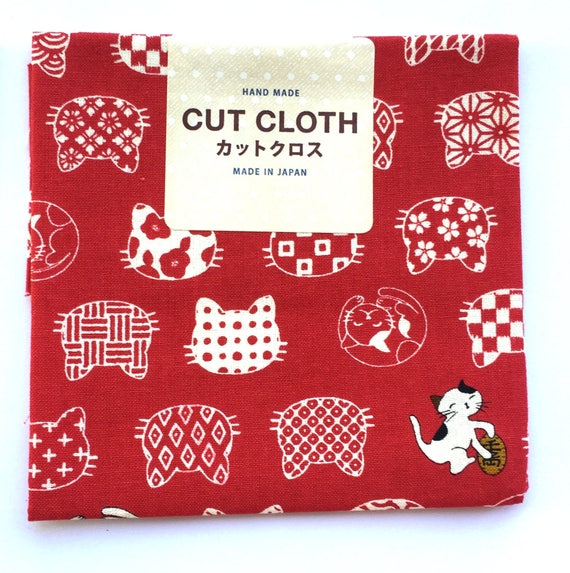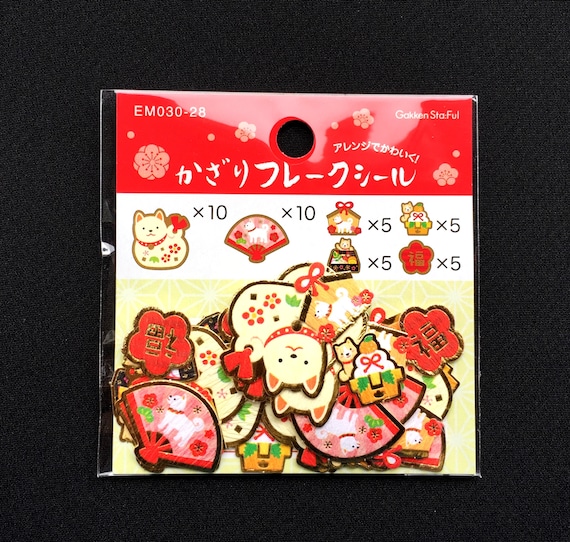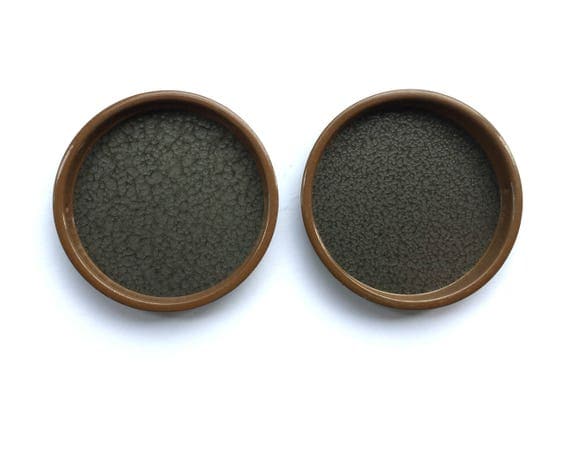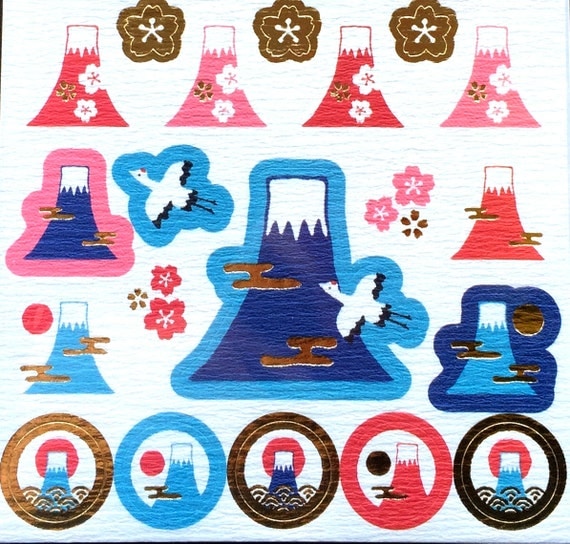 Ema - Japanese Wood Plaque Kirishima Jingu Shrine Tengu Kagoshima (E9-26)
Ema - Japanese Wood Plaque Kirishima Jingu Shrine Tengu Kagoshima (E9-26)
This is an "Ema". "Ema" are small wooden plaques on which Shinto worshippers write their prayers or wishes. The ema are then left hanging up at the shrine, where the kami (spirits or gods) receive them. They bear various pictures, often of animals or other Shinto imagery, and many have the word gan'i (願意), meaning "wish", written along the side. In ancient times people would donate horses to the shrines for good favor, over time this was transferred to a wooden plaque with a picture of a horse, and later still to the various wooden plaques sold today for the same purpose.
Ema are sold for various wishes. Common reasons for buying a plaque are for success in work or on exams, marital bliss, to have children, and health. Some shrines specialize in certain types of these plaques, and the larger shrines may offer more than one. Sales of ema help support the shrine financially.
********This Ema is from Kirishima Jingu Kagoshima Prefecture.
Kirishima-Jingū (霧島神宮), also called Takachiho-no-mine-jina (one of the peak of Mount Kirishima and the place of Tenson kōrin) is a Shinto shrine located in Kirishima, Kagoshima prefecture, Japan.
The mountains of Kirishima are an important site in the creation mythology of Japan. It was in this area that the god Ninigi no Mikoto, grandson of the sun goddess Amaterasu, is said to have descended from heaven to rule over the earth.
Ninigi no Mikoto landed on nearby Mt. Takachiho-no-mine bringing with him the three imperial regalia: the sword, the mirror and the gem; symbols of the imperial family. He eventually married a local princess, becoming mortal in the process, and established the lineage of Japanese Emperors.
Devoted to Ninigi no Mikoto, Kirishima Shrine was built during the Muromachi Period on a different site from where it stands today. Since then it has been destroyed numerous times by volcanic eruptions, but always rebuilt. The current shrine was constructed in 1715 where it survives to this day. Its large, beautiful buildings are surrounded by forest and have been declared important cultural property.
The image on the plaque is called a "tengu".
Tengu (天狗, "heavenly dog") are a type of legendary creature found in Japanese folk religion and are also considered a type of Shinto god (kami) or yōkai (supernatural beings). Although they take their name from a dog-like Chinese demon (Tiangou), the tengu were originally thought to take the forms of birds of prey, and they are traditionally depicted with both human and avian characteristics. The earliest tengu were pictured with beaks, but this feature has often been humanized as an unnaturally long nose, which today is widely considered the tengu's defining characteristic in the popular imagination.
Buddhism long held that the tengu were disruptive demons and harbingers of war. Their image gradually softened, however, into one of protective, if still dangerous, spirits of the mountains and forests. Tengu are associated with the ascetic practice of Shugendō, and they are usually depicted in the garb of its followers, the yamabushi.
This Ema is from the 21st year of the Heisei era (2009)
It measures about 15.5cm x 12cm x 7mm.







